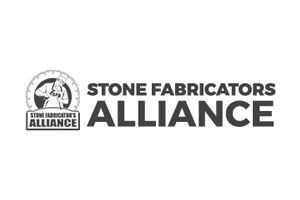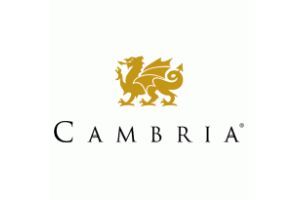FAQs
Unique Granite & Marble
How do I clean my natural stone countertop?
For everyday cleaning, our countertop installers at Unique Granite & Marble recommend a solution of a small amount of Dawn dish detergent and water in a spray bottle. You can also use a store-bought cleaner that is pH-balanced specifically for use on natural stone. There are also several disinfectant cleaners on the market formulated for use on natural stone.Is my countertop sealed, and how often do I need to seal it?
Your countertop is sealed before completing your project. However, some stones may require additional applications down the road. Each type of stone differs in its porosity and how often it needs to be resealed. The length of time between applications also depends on the cleaners you use on your countertop. If your kitchen countertops darken when wet, it is time to reseal your countertop. Resealing is a simple wipe-on, wipe-off process, and nothing to be concerned about.If natural stone is so indestructible why can't I use regular cleaners?
For granite countertops - which use a stone made from silica - standard cleaners will not harm the stone. However, some cleaners will break down the sealer that has been applied to your countertop. For marble - a stone made from calcite - the surface can be easily etched by many of the chemicals in standard cleaners.Do I need to use polish on my countertop?
No. Your countertops have been mechanically polished using diamond abrasives and water. The polish will not wear off. You may apply polish if you want an extra sparkle in your countertop - perhaps before hosting a dinner or party - but it is not necessary.Can I set a hot pan on my countertop?
It is best to use trivets when placing hot pots or pans on your stone countertop. The heat created by your stove or your cooktop will not hurt the stone. However, a sudden thermal change from cool to hot could cause an air pocket within the stone to expand and pop out a piece of your quartz countertops.Is granite scratch-proof?
No, granite countertops aren't scratch-proof. However, they're scratch-resistant. To scratch any object, the item causing the scratch must be harder than the item being scratched. Since only a few things are harder than granite (quartz, silica, and diamond), it is difficult to scratch. But remember, the unglazed ceramics on the bottom of many kitchen items are full of silica.














